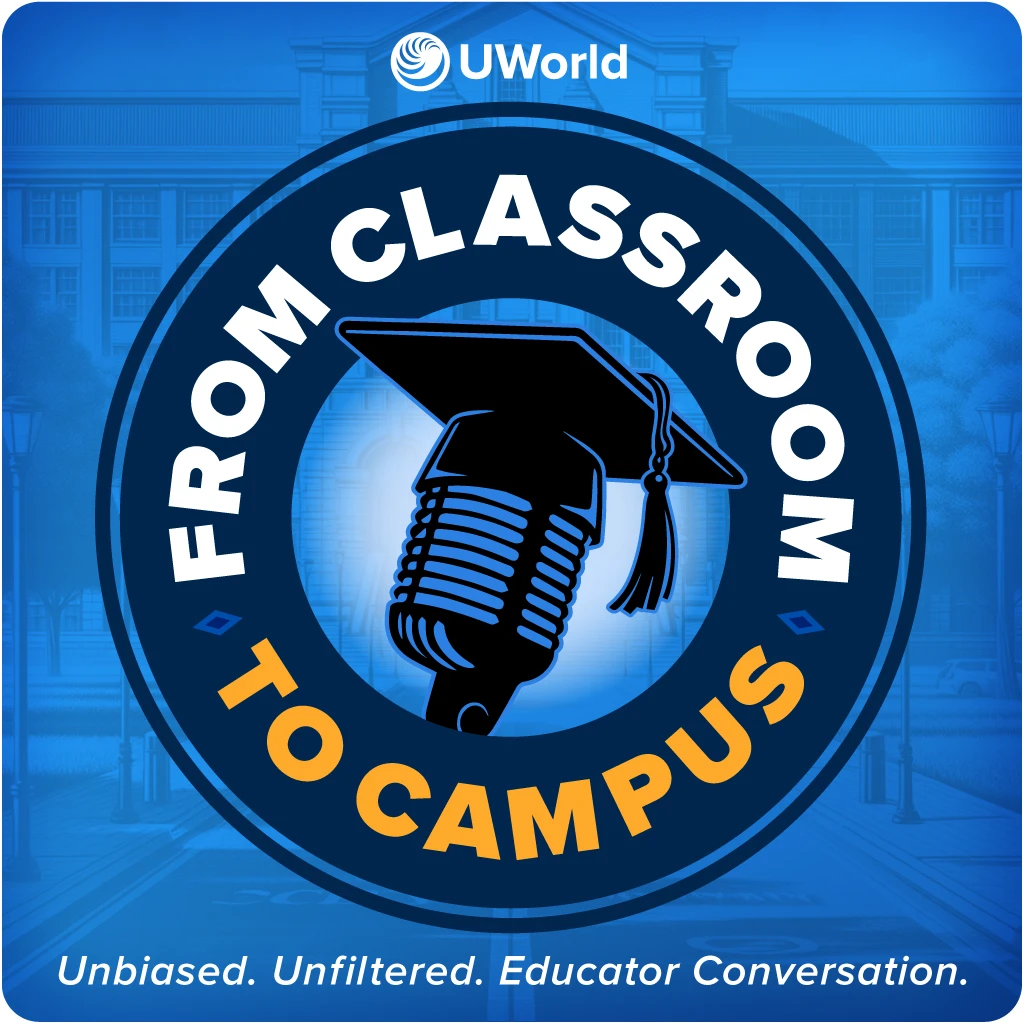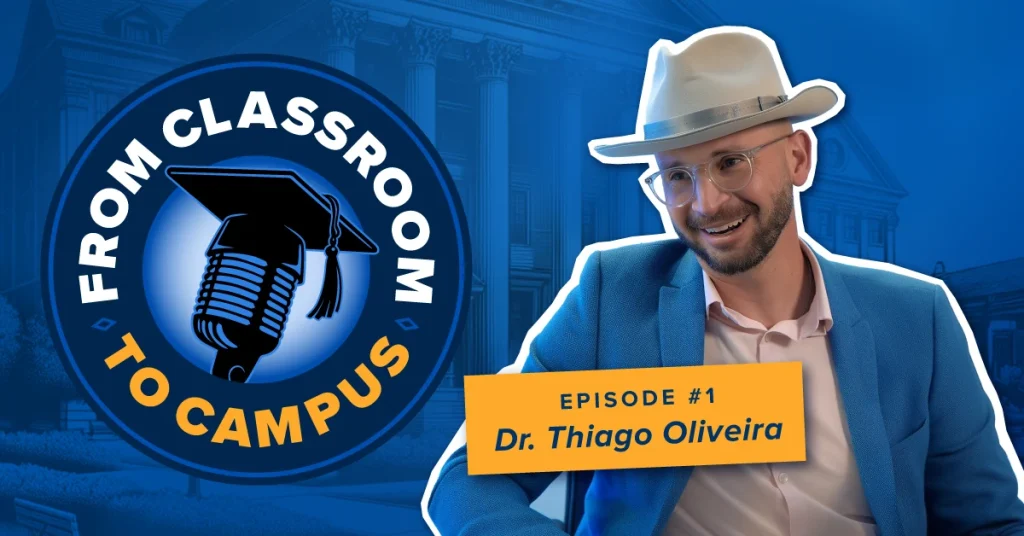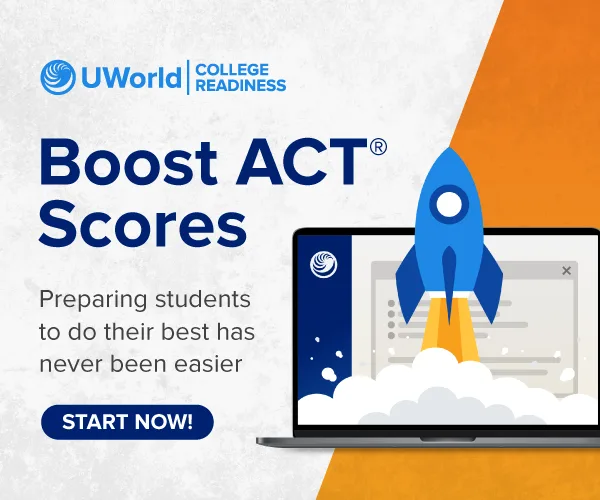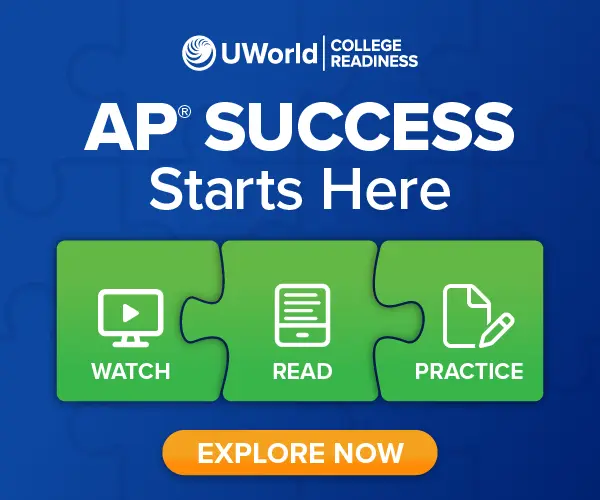About “From Classroom to Campus”

Hosted by Philip Bates, a former educator with 18 years in the field, “From Classroom to Campus” is the podcast where bold ideas in education meet the experiences of real educators.
Each episode supports educators, administrators, and students in preparing for academic transitions. It dives into college readiness, celebrates positivity in the classroom, and explores the innovative thinking shaping education today.
In This Episode: Beyond the Admissions Checklist
Episode 1: “From Start to Submit: Guiding Students Through College Admissions” host Philip Bates kicks us off by posing a big question: how can educators support students in college admissions without adding to their students’ stress? With warmth and practical insight, guest Dr. Thiago Oliveira reveals why authenticity, not the usual checklist approach, is the secret sauce that truly helps students succeed in today’s admissions landscape.
About This Guest: Dr. Thiago Oliveira
Dr. Thiago Oliveira is a modern-day Renaissance man whose journey spans continents, disciplines, and talents. Raised across South America by doctor missionary parents, he moved to the United States in high school, mastered English, and earned a Doctor of Philosophy in Educational Psychology.
Today, he serves as a threat assessment coordinator for the Dallas Independent School District (DISD). Before this, Thiago spent many years as a school counselor, an experience he draws on throughout this conversation as he shares practical advice for students and families.

Outside of education, he is an accomplished musician who plays in multiple bands and an entrepreneur who runs a web design company. Both ventures reflect the same creativity, versatility, and originality he brings to his work.
Thiago’s Pillars for College Admissions Success
College admissions today can feel overwhelming. Students are pushed to load up on AP® classes, stack extracurriculars, and chase achievements just to stand out, often causing stress, burnout, and exhaustion.
Thiago argues that this approach misses the point. Instead, he says the process should help students discover their natural goals and rhythm, understand their true interests, and connect with support systems that ensure their authentic selves are reflected in every application.
Authenticity Over Perfection
Thiago stresses that students don’t need to present a flawless version of themselves. Instead, they should be honest about what they like, dislike, and even where they’ve stumbled, because admissions officers value honesty over perfection.
“They don’t have to be perfect. They just have to be honest about what they like, what they don’t like, and even about where they’ve struggled.”
— Dr. Thiago Oliveira
Hear More on This Topic:
Balance for Student Well-Being
Too many students try to juggle every Advanced Placement® course and extracurricular, thinking they will impress college admissions. The result, Dr. Oliveira notes, is often exhaustion and stress. His advice: Choose fewer commitments, go deeper, and let well-being and genuine purpose show through on applications.
“When students try to do it all, every AP, every extracurricular, it doesn’t show balance; it shows burnout.” — Dr. Oliveira
Hear More on This Topic:
- 00:13:35 – The Hidden Costs of Overloading on APs and Extracurriculars
- 00:18:32 – Starting College Admissions Prep and Avoiding Burnout
Necessary Support Systems
Students rely on parents, teachers, and counselors who guide them to reach goals without overstepping. Dr. Oliveira explains that the best support systems encourage problem-solving, allow safe failures, and create space for students to grow independently while knowing someone has their back.
“Support systems work best when they guide students, not when they rescue them.” — Dr. Oliveira
Hear More on This Topic:
Flexibility in Futures
A 4-year university isn’t the only path to success. Dr. Oliveira stresses that students should feel supported whether they choose community college, trades, military service, or other opportunities. What matters is helping students identify their unique path, not forcing them into a single mold.
Hear More on This Topic:
- 00:36:28 – Why Taking a Gap Year Can Be the Right Choice
- 00:38:51 – How Rejection Builds Resilience in Students
- 00:41:21 – Helping Students Find Their People Beyond High School










